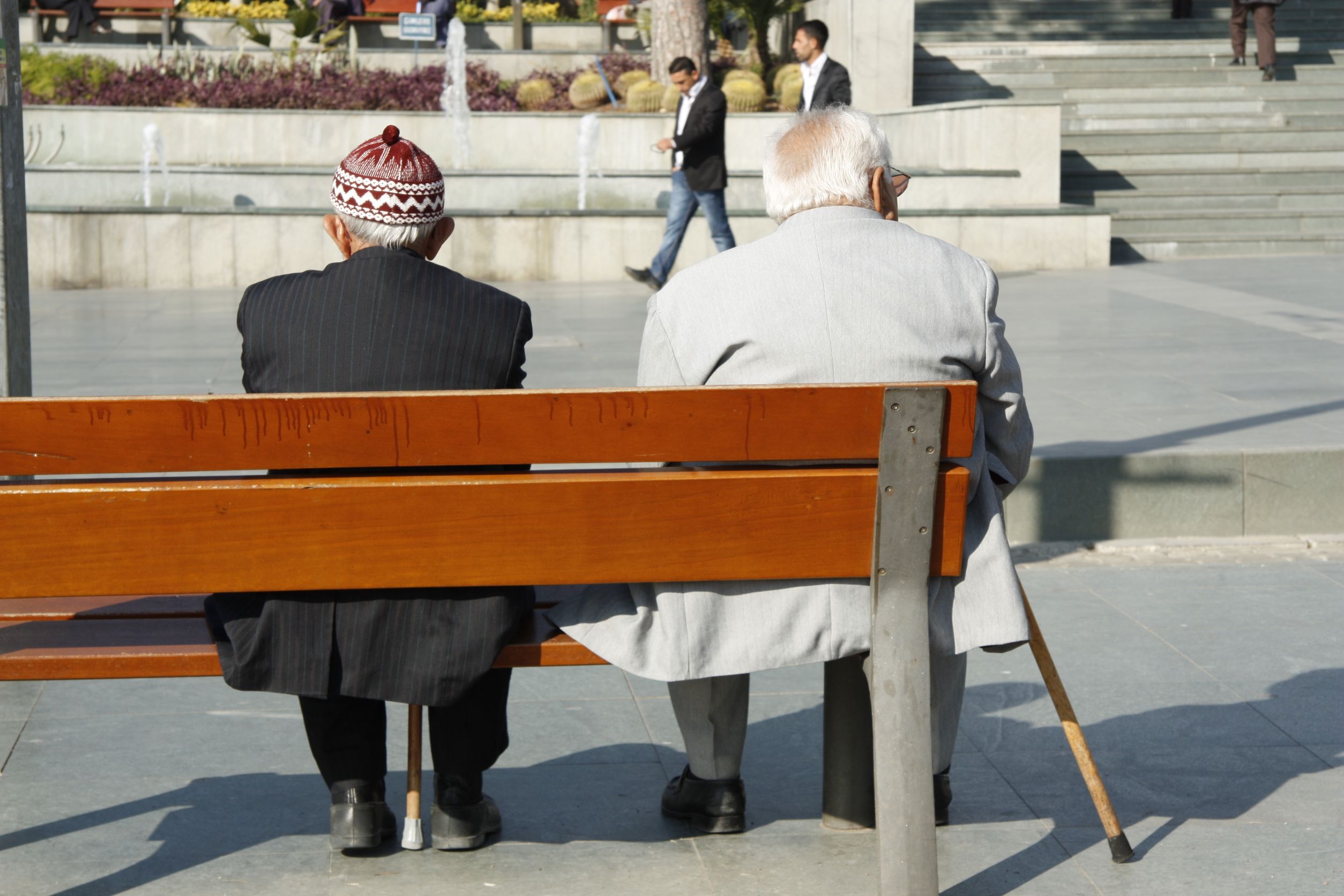More loneliness among elderly with a migration background
Older migrants, particularly elderly Moroccan and Turkish people, feel more lonely than elderly people without a migration background. This loneliness is not so much the result of social isolation among older migrants, as they do in fact have social relationships. Nevertheless, they do experience more loneliness than peers without a migration background. Rowan ten Kate’s study shows that it is a consequence of feelings of loss towards the homeland and disappointing family relationships.
The loneliness paradox
In Europe, the number of older people in the population composition is increasing, including older people from migrant backgrounds. Loneliness occurs when a person’s social relationships are not satisfactory, and the desires for social relationships may differ across cultures. Therefore, it is important to look at what aspects of social relationships can explain that loneliness. The results of Rowan ten Kate’s study confirm a paradox: loneliness is more common among older migrants than among older people without a migration background, despite the fact that their social relationships do not differ that much.

Feelings of loss and family relationships
An initial explanation is migration-specific aspects that cause more loneliness, such as feelings of loss towards the country of birth. Feelings of loss towards the homeland are common among migrants. Migrants with a higher level of acculturation are less likely to have feelings of loss, and social relations in the country of immigration do not influence feelings of loss. A second explanation for loneliness among older migrants is that not all aspects of social relationships are perceived as meaningful, which contributes to more loneliness. This concerns social participation in the country of immigration, in particular for migrant men. Also, family relationships are sometimes disappointing or there are high expectations, which is especially true for migrant women.
Friendship
Finally, friendships, especially those based on a shared migration background, are an important protective factor against loneliness. The findings show that interventions against loneliness need attention to social participation wishes and recognition of loneliness in older migrants who are not socially isolated.
More information
More news
-
03 February 2026
‘Such willpower’
-
20 January 2026
Alcohol, texting, and e-bikes
-
13 January 2026
Lonneke Lenferink joins The Young Academy
